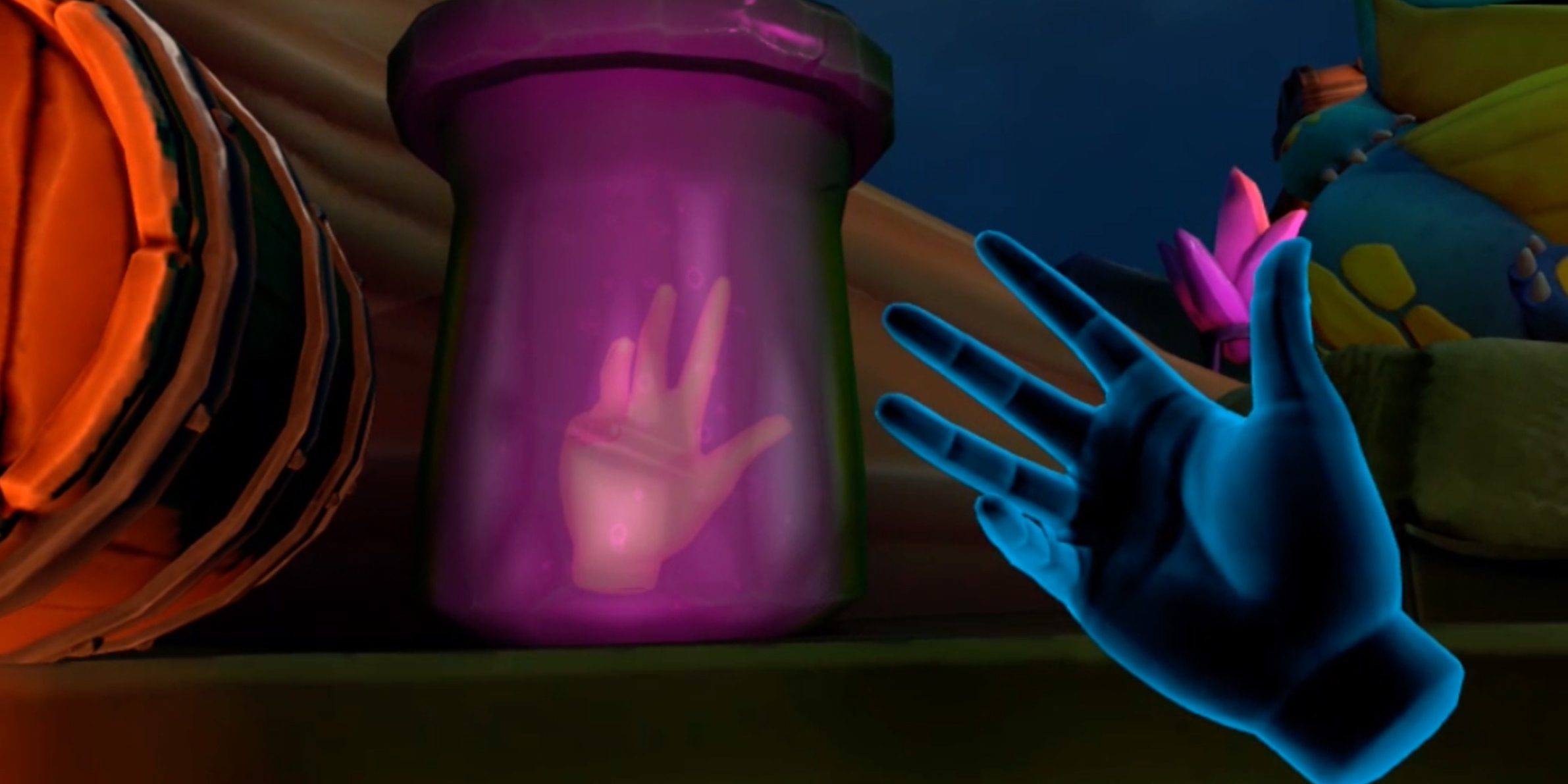One year after the Oculus Quest first hit stores, Facebook’s all-in-one virtual reality headset is widely believed to be one of the industry’s most successful and innovative products, benefiting from frequent drips of new OS features and soft sales statistics. Today, the company is celebrating Quest’s first anniversary with a collection of updates, notably including improvements to the headset’s integrated and third-party software capabilities, along with some interesting details on app sales.
Perhaps the most visible improvements are coming to Quest’s safety system, Guardian, which is adding a Playspace Scan feature to automatically identify real-world objects that may trigger Guardian warnings. This allows users to manually remove them before fully immersing in VR. The Guardian wireframe border will also expand beyond its current single color (red), letting users choose blue, purple, or yellow options to flag physical contact danger zones.

Unlock premium content and VIP community perks with GB M A X!
Join now to enjoy our free and premium membership perks.
![]()

![]()